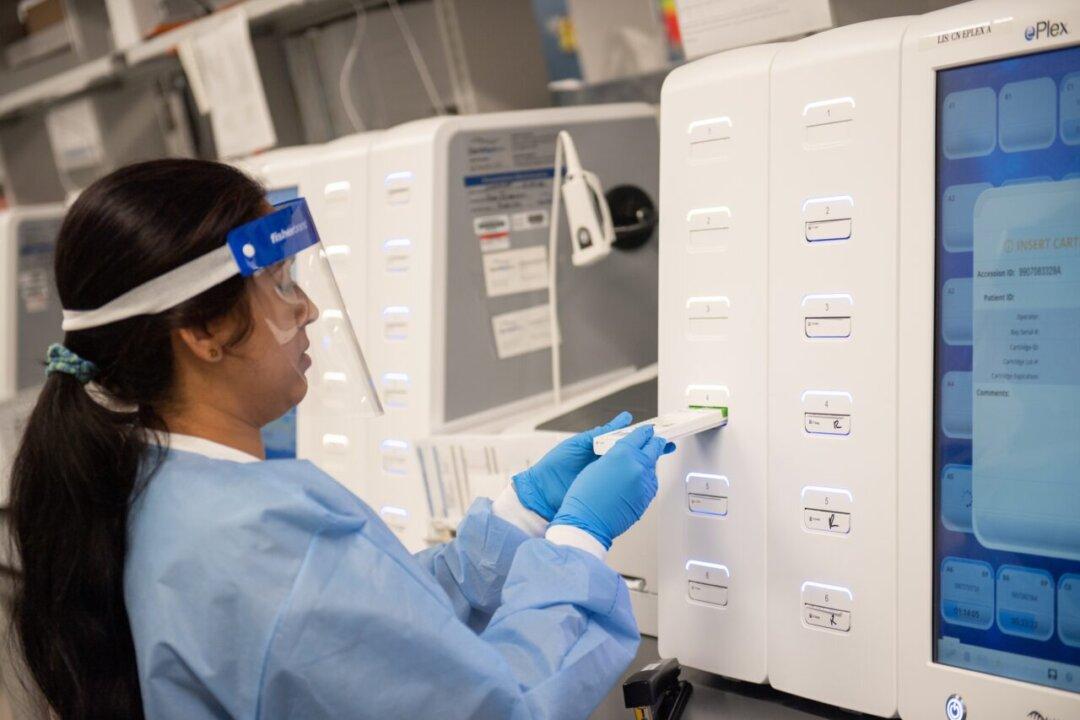Fifteen private companies have ramped up production of COVID-19 test kits to millions to help meet a major U.S. shortfall in diagnostic capabilities after the Food and Drug Administration (FDA) granted them emergency use approval between March 12 and March 27.
Previously, test kits distributed to state and local labs, which were developed by the U.S. Centers for Disease Control and Prevention (CDC), had faulty components and produced inconclusive results. For more than five weeks after the first U.S. case was confirmed only seven labs in New York had the ability to test for the CCP virus locally. Governors across the country have been pleading for more test kits.





